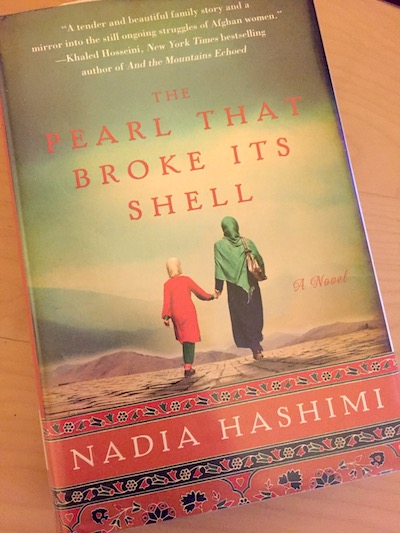The Pearl that Broke Its Shell is about women in Afghanistan. There are two interwoven stories: Rahima, a young girl who pretends to be a boy before becoming a 13-year-old fourth wife of a warlord, and her great-great grandmother, who does many things to not die while trying to get a bit of autonomy.
All the women in this book sort-of escape from the shackles of Afghani life. If you can call death or drug addition or getting forcibly married to someone who doesn’t beat you escape. It’s more like coming to terms with what you can do with where you are. Escape seems like too bold a word.
All sexism (and all racism) is, at its core, economic. It’s one group denying another the ability to earn enough money to live in the ways they want when they want. Controlling your labor. Standing in the way of you owning your own business. Refusing you health care so you can’t work. It’s vividly illustrated when you talk about Afghan society, it takes work on your part to see it here in America too. Policing what women wear. Pressuring men and women to be married and/or have children. Women fighting each other instead of supporting each other.
You can read The Pearl that Broke Its Shell and congratulate yourself that at least America isn’t that backwards or think that at least all of its main female characters end the story at peace. But mostly, I just felt unsettled.
